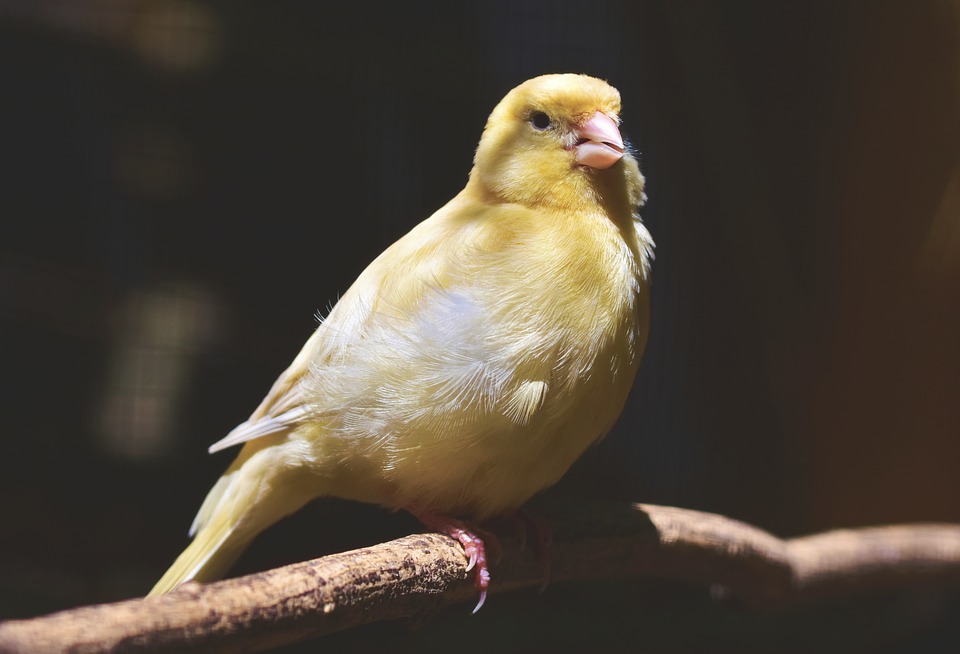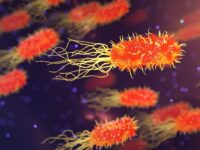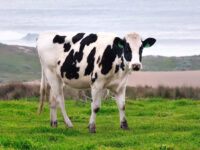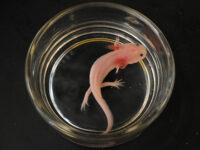Animals face numerous dangers, one of them being illnesses. Species have found a variety of ways to protect themselves from diseases, but not much is known about how they affect the physiological state of the individual. A phenomenon surrounding the immune systems of canaries was recently discovered by researchers at the University of Connecticut. The study showed that canaries kickstarted their immune systems simply at the sight of other sick birds.
To discover this, researchers split canaries into groups. They infected one group with Mycoplasma gallisepticum (MG), a bacterium that causes conjunctivitis and fatigue in birds. The researchers chose this specific bacterium because it has a notable effect on physical appearance: Infected birds appear extremely tired and their feathers look fluffed out.
The researchers then placed the infected birds in a separate cage so they couldn’t infect the rest of the canaries. Then, they placed a group of healthy birds directly in front of the cage with infected birds. For around a month, the researchers collected blood samples from all the birds. Remarkably, as the infected birds appeared sicker, the immune activity of the healthy birds with a direct view of them increased. This was discovered by measuring the white blood cell count and the CH50 complement activity, which are signs of an immune response, in the canaries’ blood samples. An immune response is typically launched only upon the discovery of a bacterium or virus; however, the healthy canaries’ immune systems showed a response despite never being infected during the experiment.
So, how do we know that this response was caused by seeing the other sick birds? The two control groups of healthy birds did not experience a significant change in immune activity. They were within earshot and smelling range of the infected birds, but without seeing the sick birds, the immune response never occurred. Therefore, the only healthy birds who experienced a significant increase in immune system activity were the ones in direct view of the infected birds.
“the only healthy birds who experienced a significant increase in immune system activity were the ones in direct view of the infected birds”
Canaries are not the only organism who experience changes in immune activity at the sight of a sick individual. In fact, a similar reaction occurs in humans. A group of volunteers were shown images of either a stressful situation or a person who appeared to be very sick. Afterwards, the researchers took blood samples from the participants and discovered that those who were shown a picture of an ill person had a significant increase in IL-6, which is a protein produced by white blood cells during an infection. This research can lead to further discoveries about how organisms protect themselves from diseases and how the immune system works.
Sources: Biology Letters (2021). DOI: 10.1098/rsbl.2021.0125






